Honestly, standing in Tammy’s kitchen felt like opening a time capsule from the 1990s. Sugary cereals lined the shelves, freezer meals dominated the freezer, and sodas occupied prime refrigerator real estate. When I pointed this out during our first consultation, she laughed and said, “Well, I’m too old to change now.”
At 82, Tammy had lived such a full life that she seemed to have experienced enough for five people. But despite her awesome energy, she hadn’t slept through the night in decades. As a personal sleep planner, I’ve learned that when clients tell me they sleep terribly despite having a “perfect” bedtime routine, one of my first questions is always about their dinner habits. More often than not, that’s where we find the missing piece of their sleep puzzle.
My work with Tammy—and dozens of my other clients—helped convince me that the connection between what we eat and how we sleep runs deeper than most people realize. The foods sitting in your kitchen right now are either working for your sleep or against it.
The good news? A simple kitchen reset can shift the balance dramatically in your favor.
Why Your Fridge Matters More Than Your Bedroom
After working with hundreds of clients struggling with sleep issues over the past decade, I’ve noticed a pattern. The people who make the most dramatic improvements aren’t necessarily those who invest in expensive mattresses or blackout curtains (though those help). They’re often the ones willing to take an honest look at what’s actually in their kitchen.
Your evening hunger will always lead you somewhere. The question is whether it leads you to foods that prepare your body for rest or foods that keep your digestive system working overtime when it should be winding down. Heavy meals can make you feel tired immediately afterward, but they often make it difficult to fall asleep if you eat them too close to bedtime. This happens because your body hasn’t had enough time to process the food before you transition from eating to sleeping.
The kitchen reset isn’t about restrictions or creating anxiety around food—it’s about making sleep-friendly choices your default setting. Real life happens. Celebrations, busy days, travel, and stress mean that eating perfectly isn’t always possible or even desirable. Some of my most memorable meals have been indulgent dinners with friends that technically break every “sleep nutrition rule,” yet the joy they brought was worth the occasional disrupted night.
The Three-Day Kitchen Transformation
Here’s the approach that worked for Tammy and countless other of my clients:
Day 1: The Honest Audit Open your refrigerator and pantry with fresh eyes. Look for the usual suspects: processed snacks positioned at eye level, sugary treats in easy reach, and caffeinated items that might be consumed too late in the day. You’re not throwing everything away—you’re simply becoming aware of what’s currently driving your food choices.
Day 2: Strategic Relocation Move sleep-disrupting foods to less accessible places. That bag of chips doesn’t need to disappear entirely, but it doesn’t need to be the first thing you see when hunger strikes at 9 PM. Replace those prime kitchen real estate spots with sleep-promoting options: nuts, fresh fruit, whole grain crackers, or herbal teas.
Day 3: The Evening Setup Prepare 2-3 ready-to-grab sleep-friendly snacks. A small bowl of almonds, pre-cut apple slices, or a banana with a sprinkle of cinnamon. When evening hunger hits (and it will), you want the path of least resistance to lead somewhere beneficial.
Foods That Actually Help You Sleep
The science behind sleep-promoting foods and ingredients is solid, but what matters most in your kitchen is practical application in your everyday. These are the foods I consistently recommend, not because they’re exotic or expensive, but because they work:
Oily fish like salmon or mackerel contain omega-3 fatty acids and vitamin D that help regulate serotonin production. Just 3-4 ounces at dinner can improve sleep quality and help you fall asleep faster.
Turkey and chicken provide tryptophan, which your body converts to sleep-regulating melatonin. This isn’t just Thanksgiving folklore—there’s real science behind post-dinner drowsiness.
Leafy greens such as kale and spinach pack magnesium and calcium that help calm your nervous system. Add them to dinner salads or blend them into evening smoothies.
Tart cherries represent one of the few natural food sources of melatonin. Studies show that drinking 8 ounces of tart cherry juice twice daily can increase sleep time significantly.
Nuts, especially almonds and walnuts, contain melatonin, magnesium, and zinc—all critical for quality sleep. A small handful makes an ideal pre-bed snack.
Timing Changes Everything
One of the most eye-opening discoveries for many clients is that timing matters as much as food choice. I’ve seen people transform their sleep just by moving their largest meal from dinner to lunch, or by finishing their last substantial meal 2-3 hours before bedtime.
Timing is also connected to the type of food you eat. For instance, spicy foods can raise your core body temperature and trigger heartburn—both enemies of sound sleep. That doesn’t mean eliminating them entirely, just enjoying that curry at lunch instead of dinner. And high-sugar treats create blood sugar spikes and crashes that can wake you in the middle of the night. If you want dessert, have it right after dinner rather than as a late-night snack.
The goal isn’t perfect timing every night. It’s developing awareness of how different foods and timing affect your unique sleep patterns.
The Tammy Effect
Three months after our kitchen reset, Tammy was sleeping through the night consistently for the first time in decades. Her boyfriend commented that she seemed “years younger,” and she discovered that she actually had a passion for cooking simple, nutritious meals that she’d never explored before.
What I loved about Tammy’s transformation was obviously how well she slept afterwards, but perhaps even more how these changes impacted her entire life.
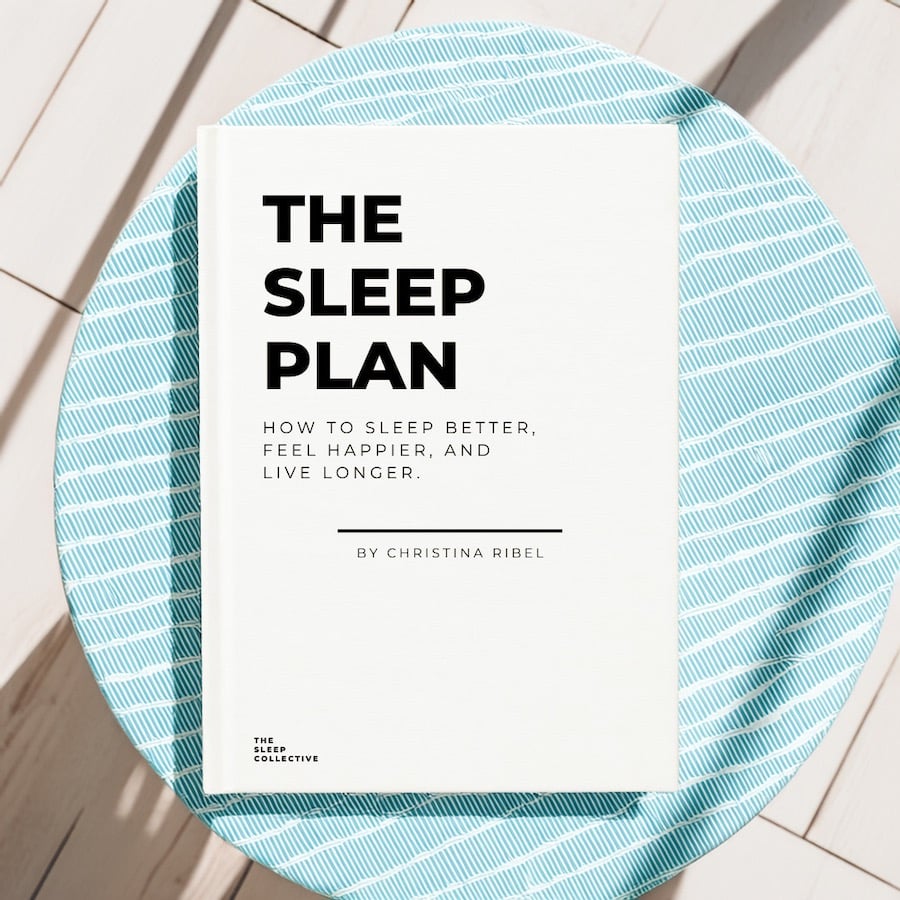
Tammy’s story is one of many I share in my book, “The Sleep Plan- How to Sleep Better, Feel Happier, and Live Longer,” where I detail the comprehensive approach that helped her and hundreds of other clients reclaim their nights. While nutrition plays a crucial role, it’s just one piece of the sleep puzzle that also includes environment, daily routines, and mindset shifts. But for many people, the kitchen reset becomes the catalyst that makes everything else click into place.
Your kitchen holds the same potential. You don’t need to remake your entire life overnight. Even implementing one or two changes, perhaps starting with the one that seems most manageable, can begin to shift your sleep quality in a positive direction.
The foods you choose today will either support tonight’s sleep or work against it. The beautiful thing about this connection is how quickly you can start seeing results—sometimes within just a few days of making more intentional choices about what you keep within arm’s reach when hunger strikes.
ABOUT THE AUTHOR
Christina Ribel is a personal sleep planner and author of “The Sleep Plan – How to Sleep Better, Feel Happier and Live Longer,” who has helped hundreds of clients reclaim their nights through practical, evidence-based approaches. With a background spanning nutrition, environment optimization, and behavioral coaching, she specializes in identifying the often-overlooked lifestyle factors that impact sleep quality. Christina’s work focuses on sustainable changes that fit into real life—no perfect routines or expensive equipment required. When she’s not helping clients sleep better, she can be found experimenting with sleep-supporting recipes in her own kitchen or perfecting her signature banana peel tea blend.


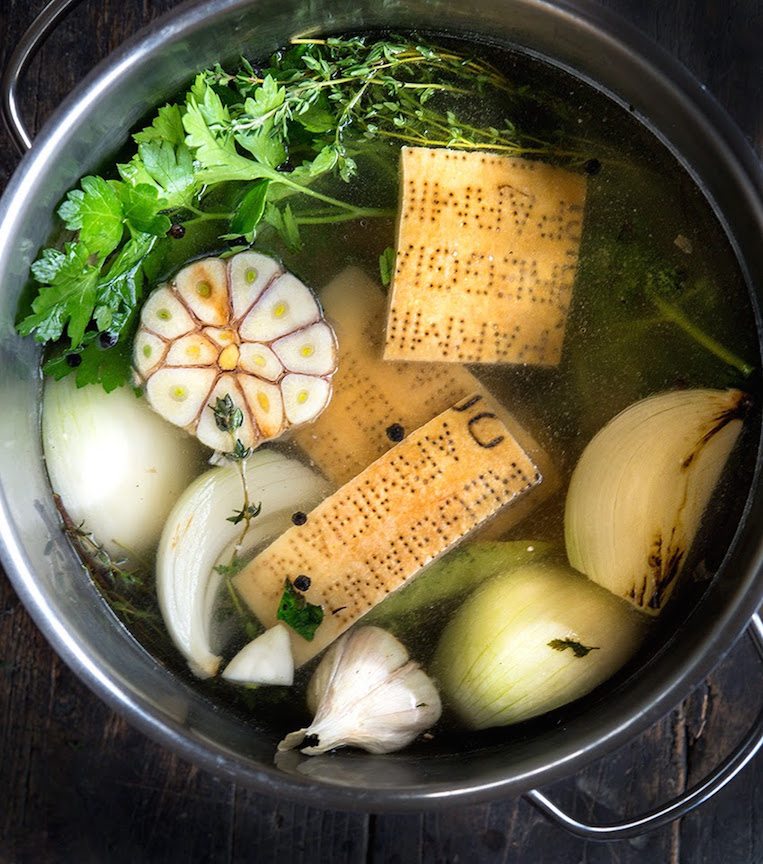

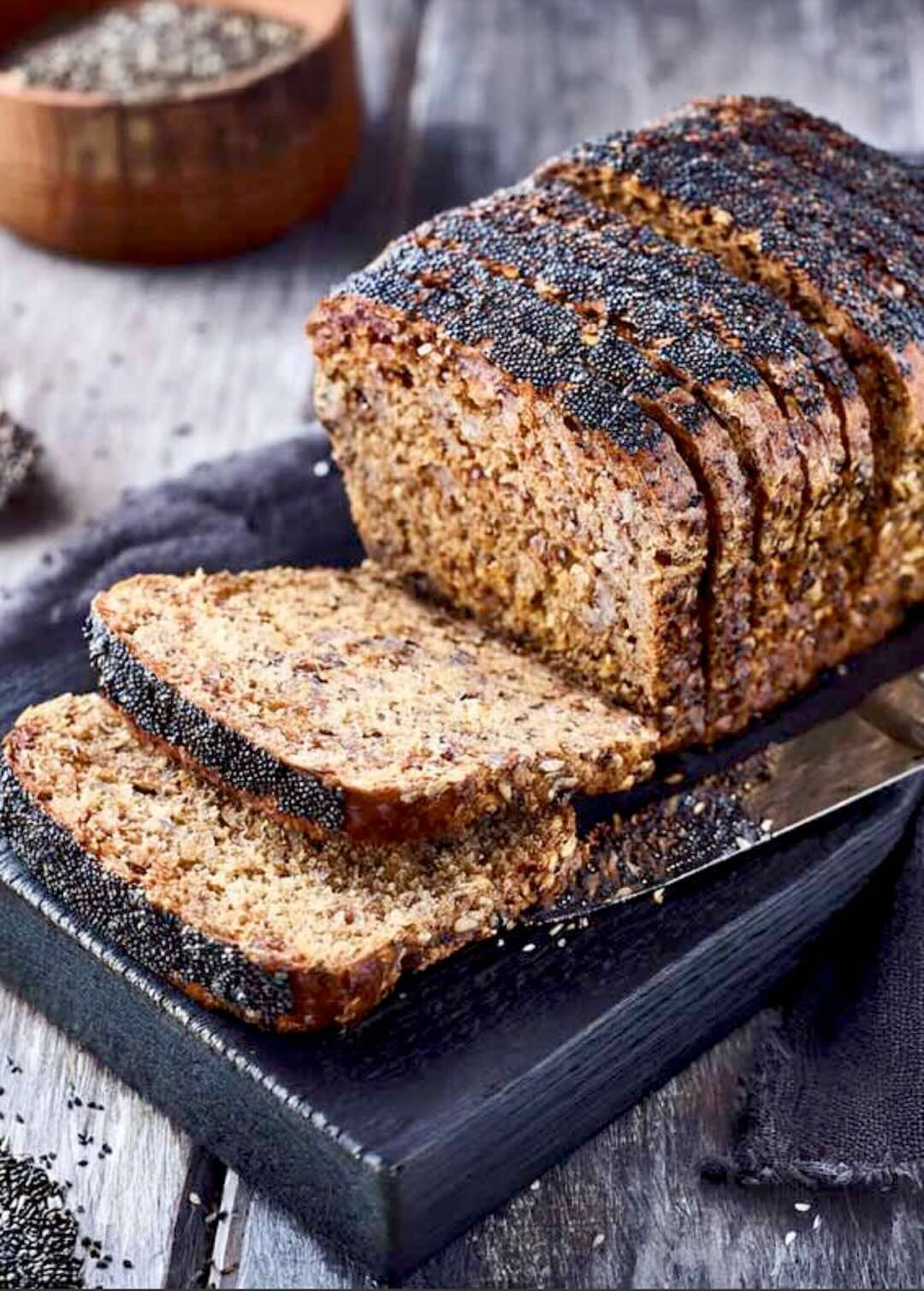

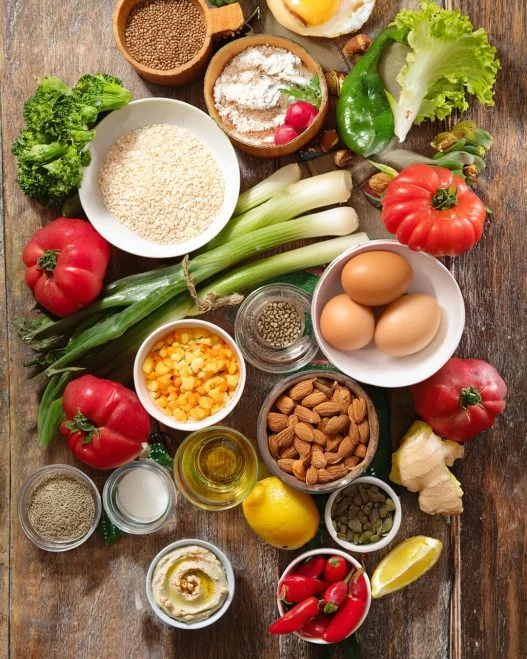
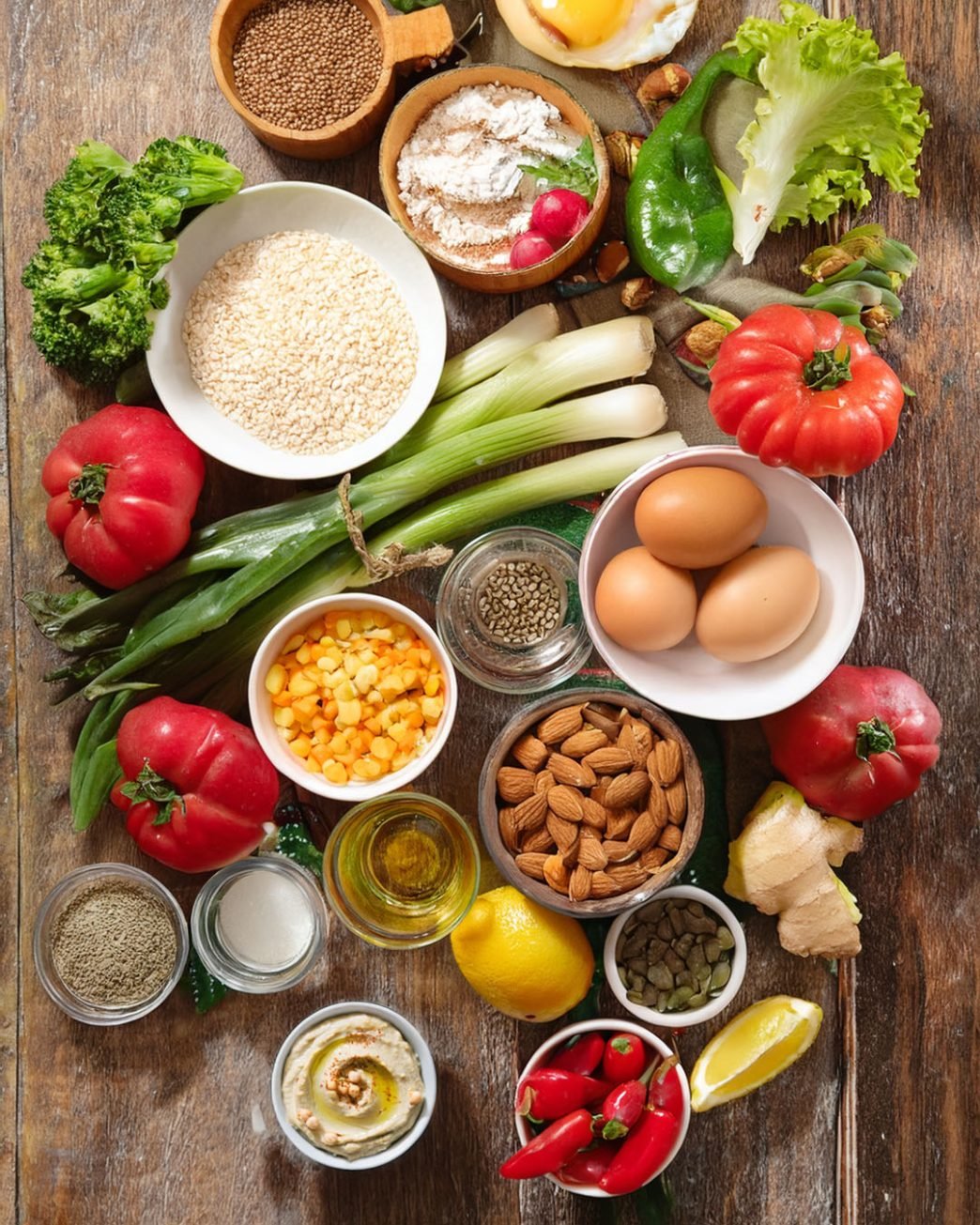

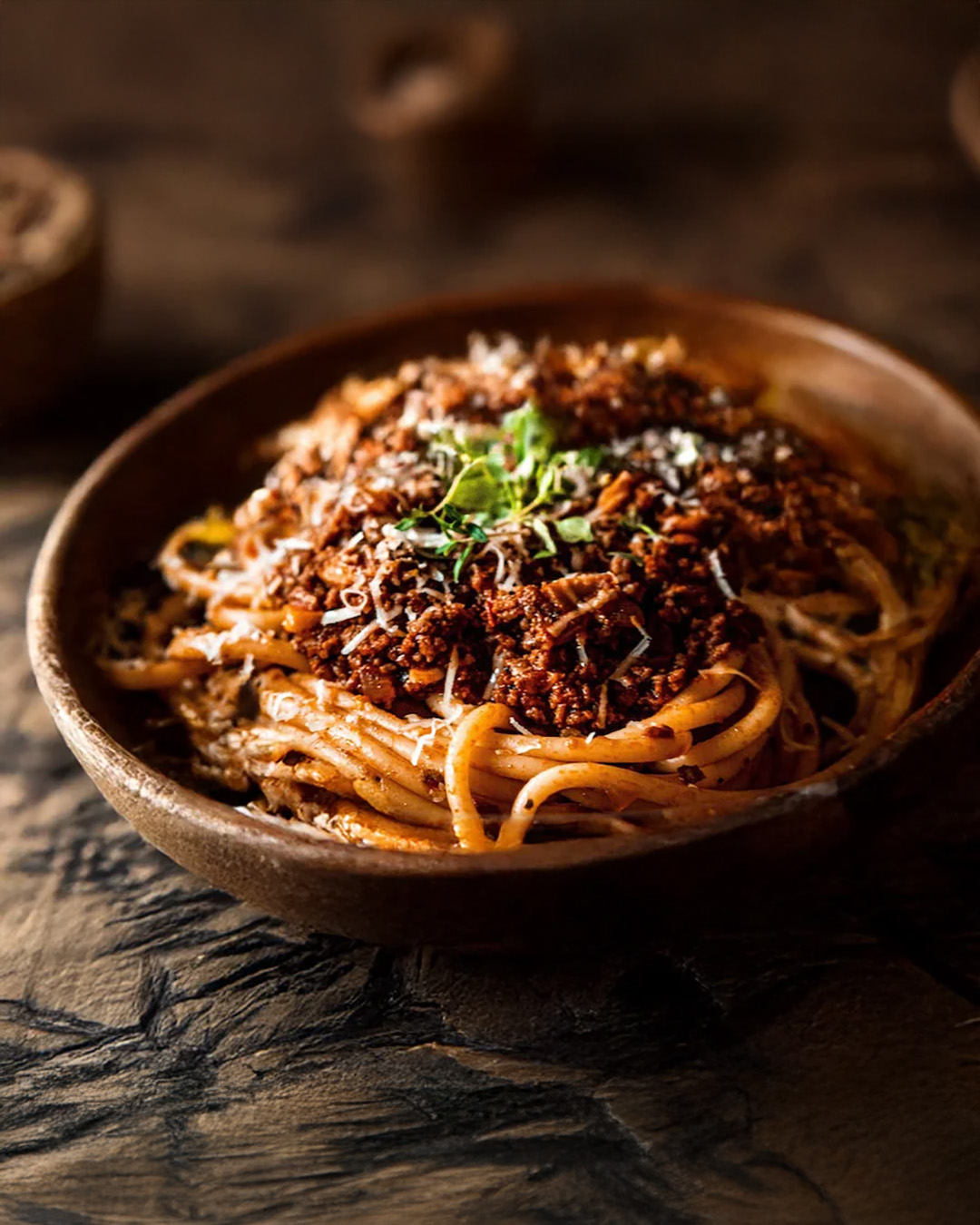





I have read Mrs Ribel’s book and it is honestly a total game-changer for anyone who sleeps poorly. I have been a bad sleeper for 20 years, and the book has helped me FOR REAL. I am truly grateful.
This is super helpful, love this article. I knew about some of these, but certianly not all!
I have changed my snacking behavior late in the evening and see a huge difference in sleep quality. I fall asleep faster, do not wake up as many times every night, and wake up fresher. I still struggle with the quality of snacks, but one step at the time!
These are really excellent tips, thank you! Working on my sleep!!